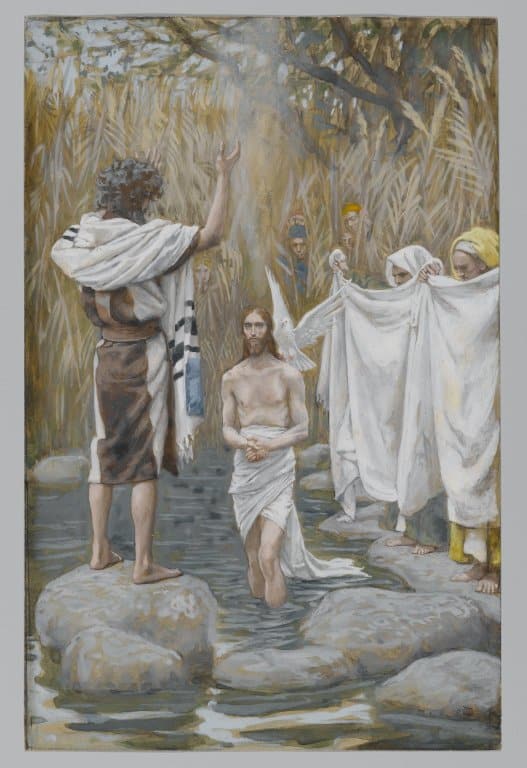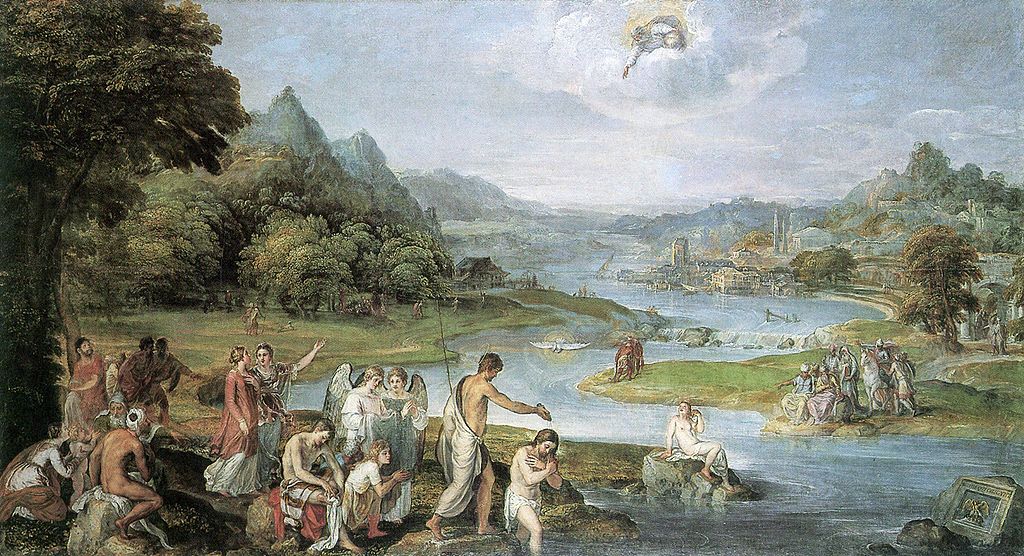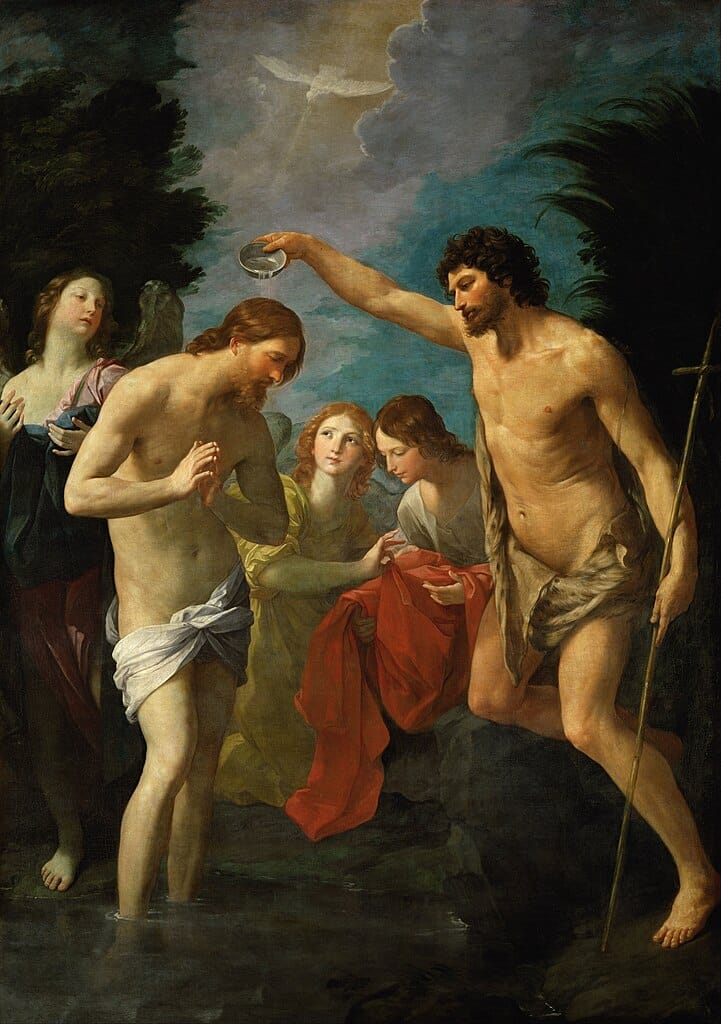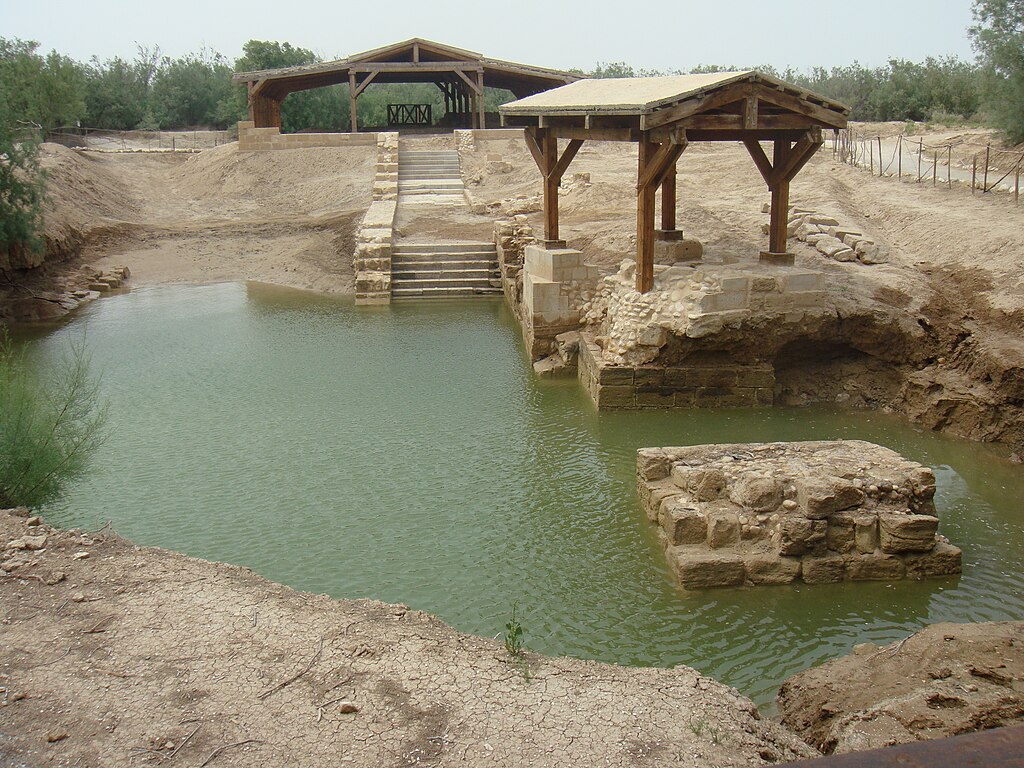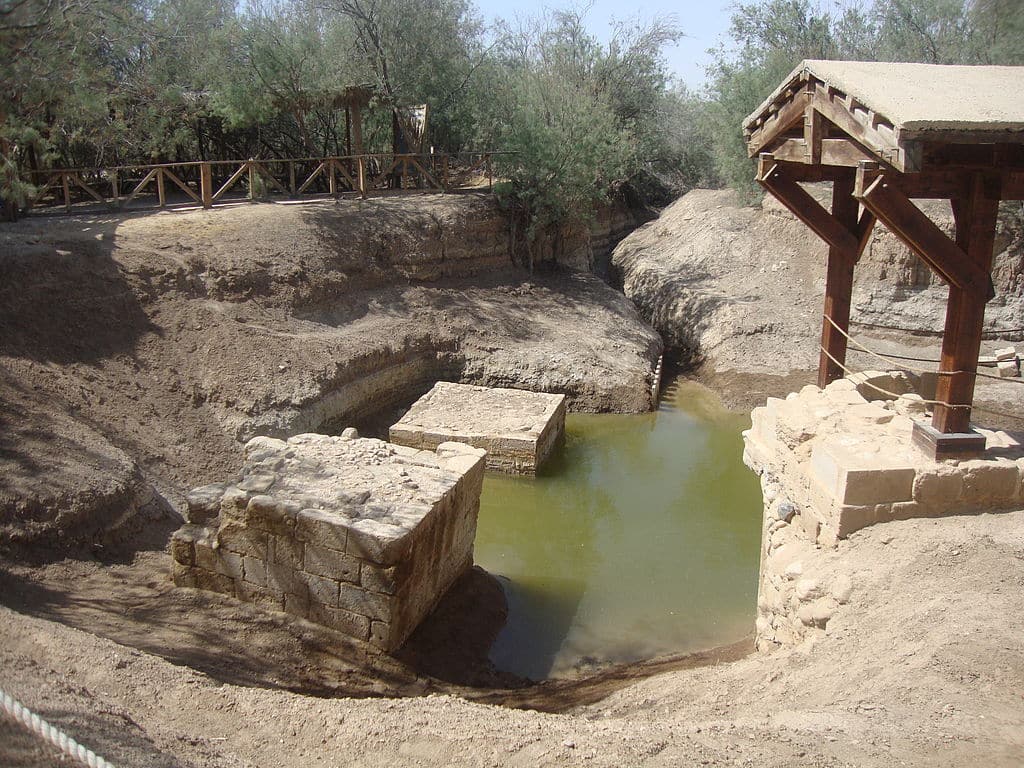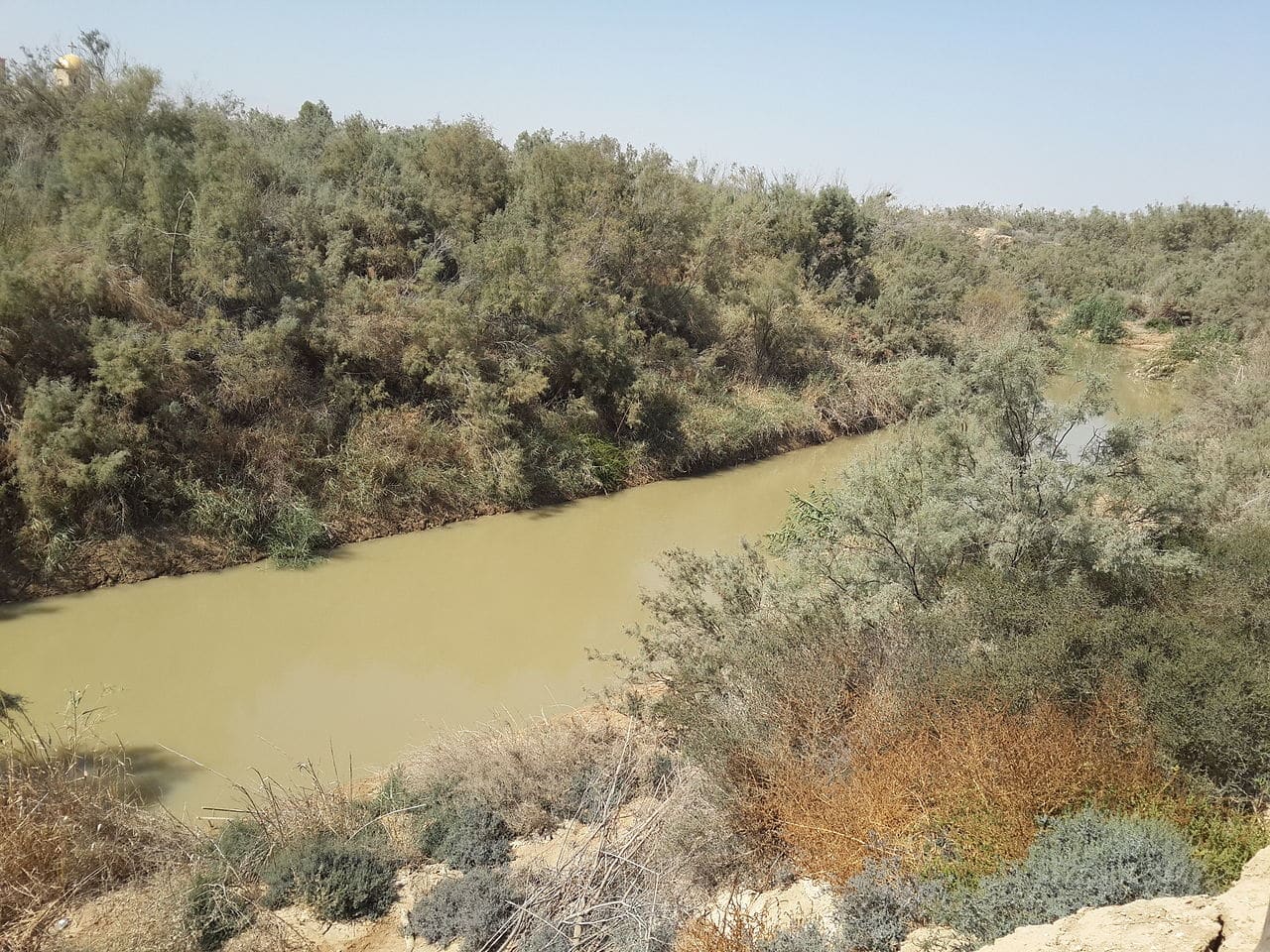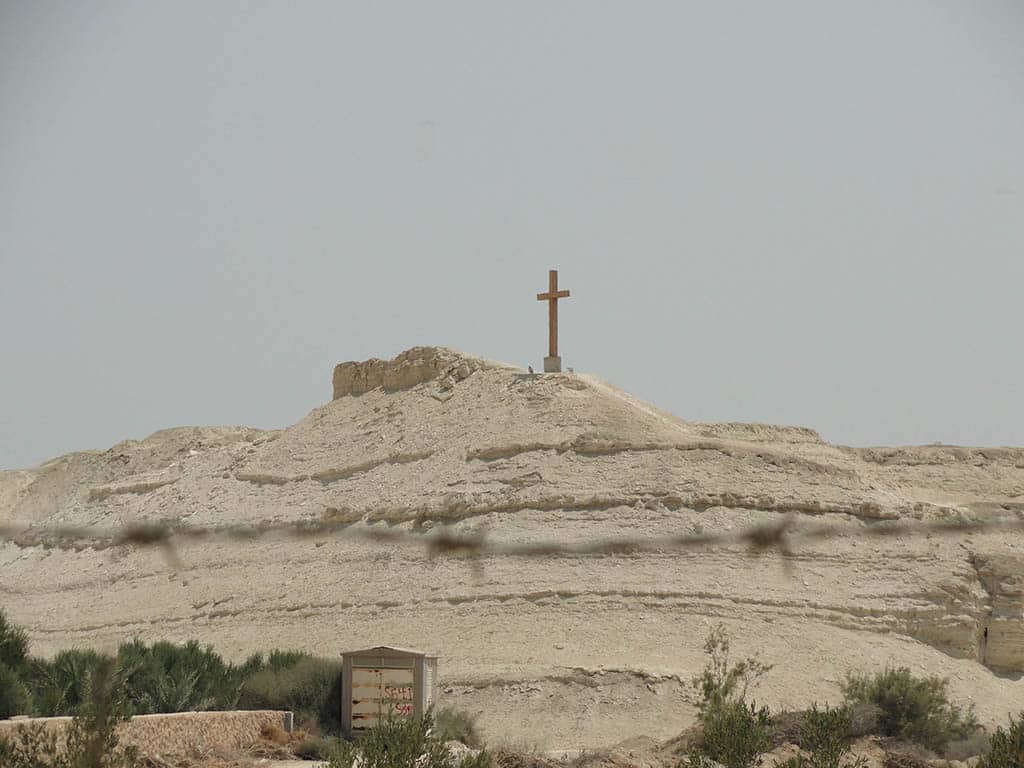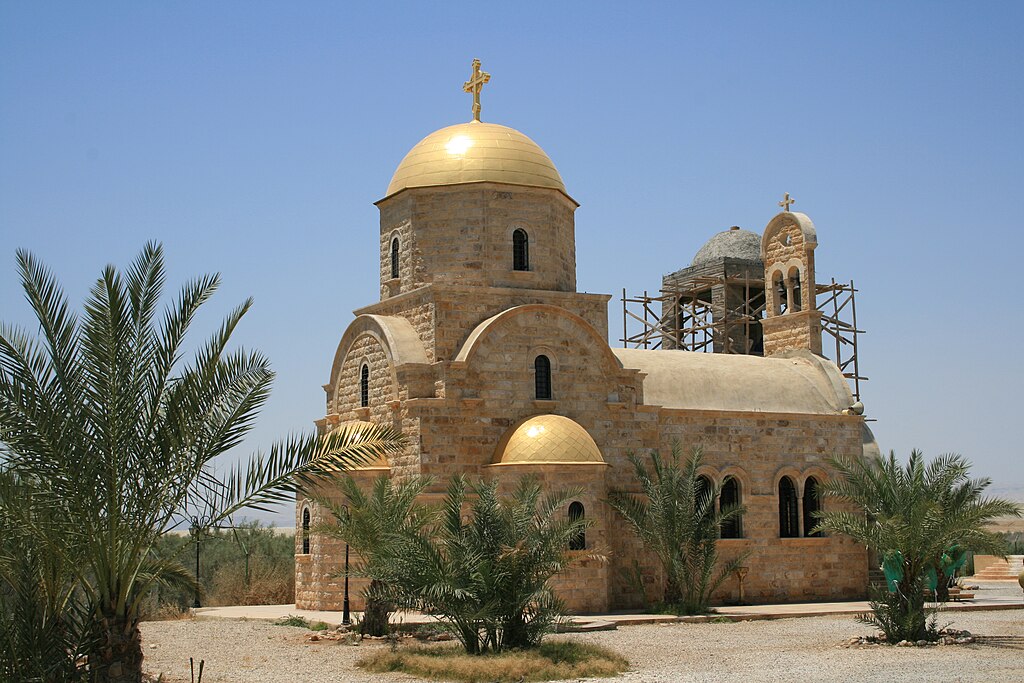Thessalonica
Carousel of images for this Bible Exhibit
Listen to this Bible Exhibit
Thessalonica was a significant city in the ancient world, playing a crucial role in both Roman history and the spread of the gospel. It was founded around 315 BC by Cassander, a general under Alexander the Great, and named after his wife, Thessalonike, the daughter of Philip II of Macedon. Thessalonica became a prosperous and influential city in Macedonia, possessing a thriving port on the Thermaic Gulf. By the time of the Roman Empire, it was the province’s capital, and the Romans built their major east-west road called the Egnatian Way through it. It enjoyed the status of a free city, meaning it had local autonomy with no Roman garrison stationed within its walls.
The Bible says that Apostle Paul visited Thessalonica during his second missionary journey, as recorded in the book of Acts. After traveling through Philippi, Amphipolis, and Apollonia, he arrived in Thessalonica. He began preaching in the synagogue over three Sabbaths, reasoning from the Scriptures and proclaiming that Jesus was the Messiah Acts 17:1-4. Some Jews believed, along with many God-fearing Greeks and socially prominent women. Among these new converts were Aristarchus and Secundus, who later played important roles in Paul’s ministry Acts 20:4.
However, opposition soon arose. Jealous Jews incited a riot, dragging Jason, one of the believers, before the city officials and accusing the Christians of defying Caesar’s decrees by proclaiming another king—Jesus Acts 17:5-9. To avoid further conflict, Paul and Silas fled by night to Berea, where they continued their ministry. However, the Jewish opposition from Thessalonica followed them there, stirring up trouble once again Acts 17:10-13.
Despite Paul’s brief stay, the Thessalonian church became strong and resilient. His letters to them, 1 and 2 Thessalonians, reveal his deep love and concern for their spiritual growth. He commended their faith and endurance amid persecution 1 Thessalonians 1:8. Paul encouraged them to remain steadfast, warning them against idleness and reminding them of the hope of Christ’s return.
Thessalonica’s strategic location made it an ideal hub for spreading the gospel. Situated along a major trade route and filled with travelers and merchants, the city’s church had the opportunity to influence the entire region. Paul’s missionary strategy often focused on urban centers like Thessalonica, Corinth, and Ephesus, knowing that the gospel could reach far and wide from these locations.
Over the centuries, Thessalonica continued to be an important city for Christianity. It later became a center of Orthodox Christianity and retained its prominence throughout the Byzantine period. Today, Thessaloniki remains a vibrant city in Greece, rich in historical and biblical significance. The example of the Thessalonian church is a testimony of faithfulness amid opposition, showing how the gospel can thrive even in challenging circumstances. Paul’s words to them still encourage believers today to stand firm in their faith, eagerly awaiting the return of the Lord Jesus Christ.



